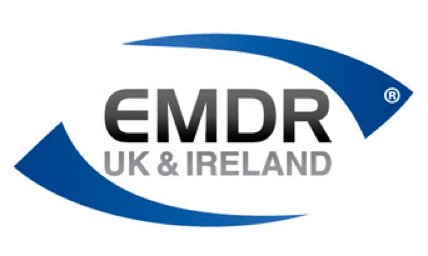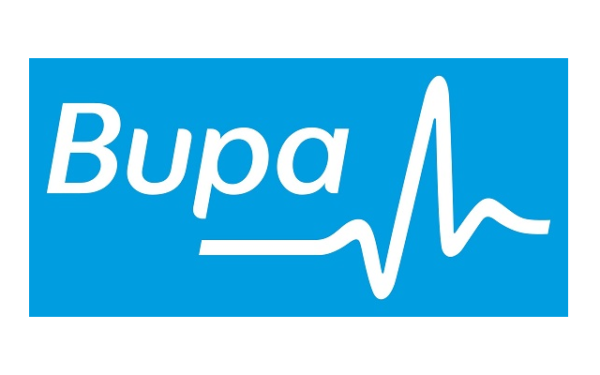Moderate stress and occasional worrying are normal in life, but as the mind and body are in close contact constantly communicating with each other by chemical messages, too much worrying can affect not just your mind, but also the health of your body.
Latest NewsPostnatal Depression And Headaches

Why do I have headaches after giving birth?
Did you know that up to 39% of women can experience headaches up to a week after giving birth? This could be due to changes in estrogen (hormone) levels. Headaches can be caused by changes in hormone levels, dehydration, tension, stress, and lack of sleep. Other possible causes are certain medical interventions like the use of medications and regional anaesthesia, or at worst, it can be a sign of thrombosis or preeclampsia.

A summary report by the National Obstetric Anaesthetics reported findings that a history of migraines or headaches before pregnancy was associated with experiencing headaches even 8 weeks after childbirth. However, do not worry, as they also reported that more than 50% are benign headaches caused by tension and stress.
Headaches caused by tension, stress, anxiety, or other psychological or emotional reasons can be treated by psychotherapy including CBT or EMDR therapy. We at Positive Mind Practice can help new mothers to alleviate psychological tension, so they can feel calmer again and headache-free.
Are my headaches a sign of postnatal depression?
The headaches could be due to depression. Depression can affect you on different levels, from feeling a little sad and very tired to not being able to get out of bed. You can read more about depression and its symptoms on this blog post, but depression is physical and psychological exhaustion.
Pregnancy and childbirth are extremely challenging for your body physically. Many cells have to renew much faster and this puts great pressure on your body. Your body prepares for this by changing its hormone levels. When the baby is born their shift is rapid and extreme. This alone can cause headaches and, in some cases, even depression.
What can I do to alleviate post-childbirth headaches?
The first thing I suggest is to make sure that you are hydrated, and to check that the headache is not a sign of thrombosis or preeclampsia. I am sure you have probably done so already, right? Well, then it’s probably caused by tension.
Tension headaches are caused by stress. Stress is causing your neck muscles to tense up and that is causing headaches. There are few things you can do though: gentle exercises that stretch your neck and back; a massage might also be a good idea. But above all, it is important to pay attention to what is going on in your head (other than the headache).
With the new baby, it is easy to feel tired and overwhelmed. If you feel overwhelmed, don’t keep it to yourself. Talk to people, ask them for help. My experience as a psychotherapist is that new mothers feel extra responsible for everything. In addition to the job and home, there is also a new addition to the family – it all can feel just overwhelming. Even the otherwise most efficient mothers can feel overwhelmed.
If you consider yourself as very good at organising things and being highly efficient, but now find yourself stuck because of the headache – the first thing I would tell you is: do not make things worse by being frustrated about this. Your body has gone through a huge change and is working hard to restore and get back to normal. It is now more important than ever to be mentally helping yourself and working with your body rather than making recovery harder. Be kind to yourself!
How can I deal with post-childbirth headaches?
The headache won’t go anywhere by you being angry about it! The reason you may experience headaches could be that you take on too much responsibility. Being responsible is a good thing, however, taking on too much, and worrying about everything and everyone alone can simply be too much. Trying to sort things out may also cause you to worry about tasks until they are completed. Now, when many tasks cannot be completed as quickly as before, it may lead to excessive worrying about them.
Excessive worrying is one of the most common reasons for experiencing physical pains as symptoms. Clinically unexplained neck and back pain, or headaches, are often caused by emotional stress (excessive worrying about uncompleted tasks). Some of your “habitual” ways of thinking used to be ok if you were rested and able to look after everything. Now, having the new precious addition added to the long “to do” list can make you feel suddenly overwhelmed, and the way you used to deal with pressure, feel too much.
Worrying about things as a coping strategy may no longer work like it used to. You can read more about worry and how it affects you physically and psychologically here. If you feel that the worrying is causing you extra tension, contact us, or book an introductory appointment today. We can help you to get back to your normal self.
Sign up below to hear more from us!
How we can help you Related News & Advice
Not sure what you’re looking for?
Arrange a chat with our specialist team
Awards, Accreditations & Partners
Our therapists are accredited with the following UK and EU boards:
We are also able to accept clients who are insured by AXA, WPA and BUPA
*Please enquire for all other insurance companies*








